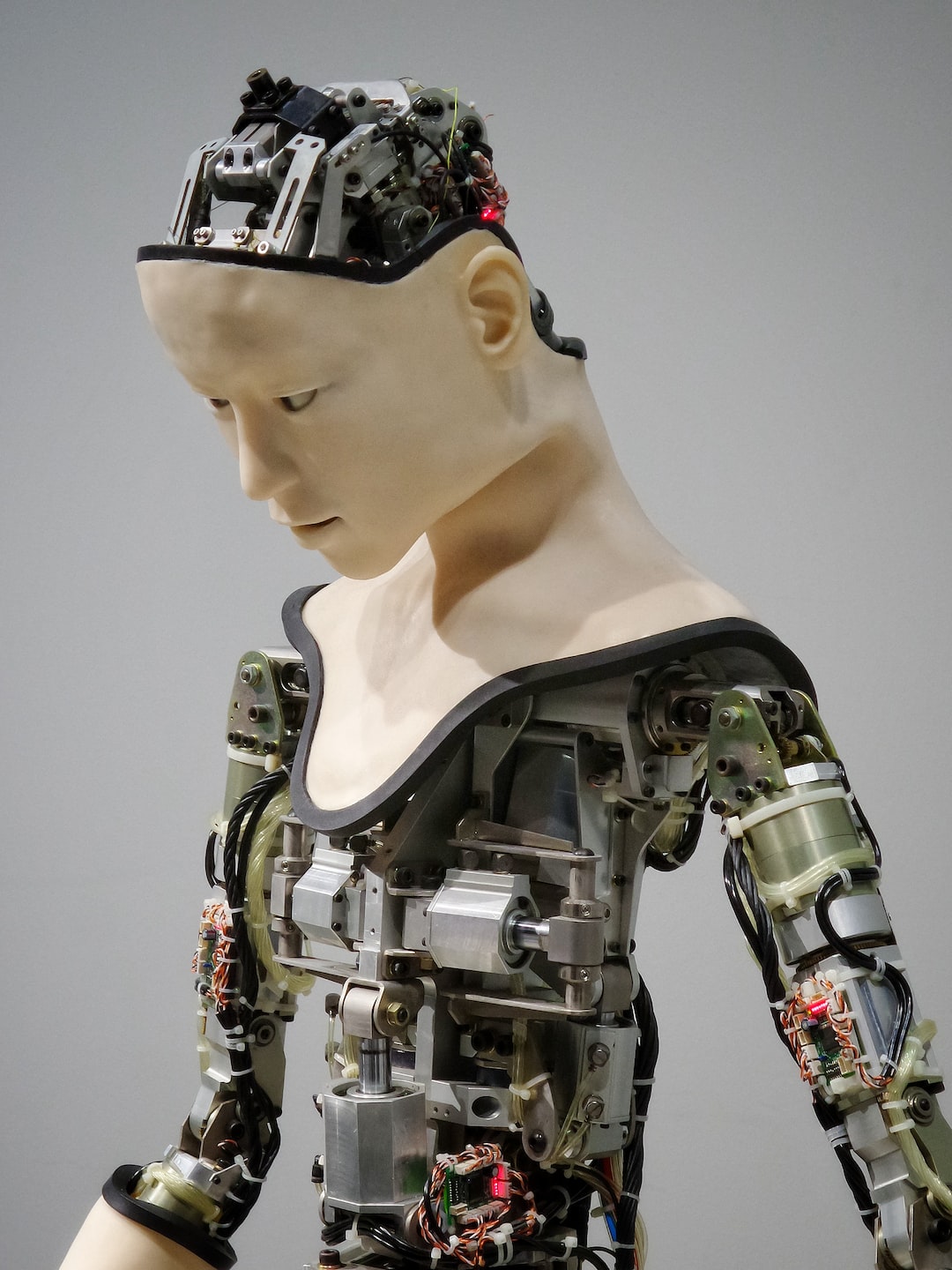Understanding Blockchain Technology: Beyond Cryptocurrency
Blockchain technology has been making waves in recent years, primarily due to its association with cryptocurrencies like Bitcoin. However, it would be a mistake to dismiss blockchain as solely a tool for digital currencies. In reality, its potential applications extend far beyond that. In this blog post, we will delve into the fundamental concepts of blockchain technology and explore its various use cases beyond cryptocurrency.
At its core, blockchain is a decentralized and transparent ledger that records transactions across multiple computers, known as nodes. Each transaction is grouped together in a block, which is then added to the chain of previous blocks. This unique structure provides increased security, immutability, and transparency to the data stored within the blockchain.
One of the most promising applications of blockchain technology is in supply chain management. By leveraging blockchain, businesses can track and verify every step of the production and distribution process. This allows for greater transparency and accountability, reducing fraud and ensuring the authenticity of products. For example, in the food industry, blockchain can enable consumers to trace the origin of their produce, ensuring that it has been ethically sourced and is safe for consumption.
Blockchain technology is also revolutionizing the field of healthcare. Electronic health records (EHRs) are often scattered across different healthcare providers, making it challenging to share and access critical patient information. By implementing blockchain, EHRs can be securely stored and shared among authorized parties, allowing for better coordination of care and seamless transfer of patient data. Moreover, blockchain can enhance the pharmaceutical supply chain by preventing counterfeit drugs from entering the market.
Another sector that can benefit from blockchain is voting systems. With its decentralized nature, blockchain can provide a secure and tamper-proof platform for conducting elections. Each vote can be recorded on the blockchain, ensuring transparency and preventing any unauthorized modifications. This can address the concerns of electoral fraud and enhance the trust and integrity of the democratic process.
Blockchain technology also has the potential to transform the financial industry. Traditional banking systems rely on intermediaries such as banks to facilitate transactions, which can be time-consuming and costly. With blockchain, financial transactions can be performed directly between participants, eliminating the need for intermediaries. This not only reduces costs but also accelerates the speed of transactions. Additionally, blockchain-powered smart contracts can automate and enforce the terms of agreements, further streamlining business processes.
Furthermore, blockchain technology can play a significant role in renewable energy and sustainability initiatives. By leveraging blockchain, distributed energy resources such as solar panels and wind turbines can be seamlessly integrated into the existing power grid. Excess energy produced by individual households can be efficiently shared or sold to others, promoting the use of renewable energy and reducing reliance on centralized energy sources.
Ultimately, the potential applications of blockchain technology are virtually endless. From supply chain management and healthcare to voting systems and finance, blockchain has the capability to revolutionize various industries. Its decentralized and transparent nature enables greater security, efficiency, and trust in our digital interactions.
However, it is important to acknowledge the challenges and limitations of blockchain technology. Scalability, energy consumption, and regulatory concerns are among the key issues that need to be addressed for widespread adoption. Nevertheless, as the technology continues to evolve and mature, it holds the promise of reshaping the way we conduct business, govern societies, and interact in the digital age.
In conclusion, blockchain technology is much more than just a tool for cryptocurrency. Its potential applications span across industries, promising greater transparency, efficiency, and security in various areas beyond finance. As we continue to explore and understand the true potential of blockchain, it is evident that its impact will extend far beyond the realm of digital currencies, shaping the future of numerous sectors and transforming the way we live, work, and interact.

